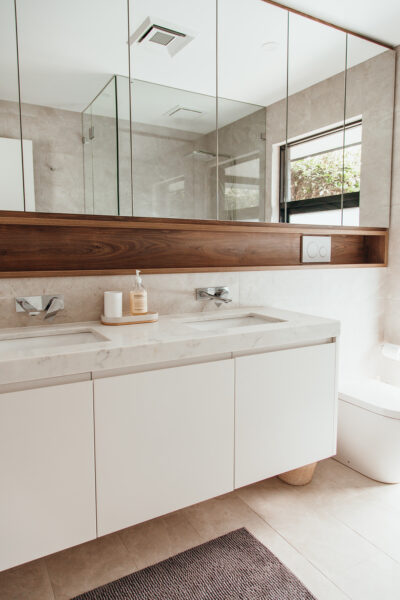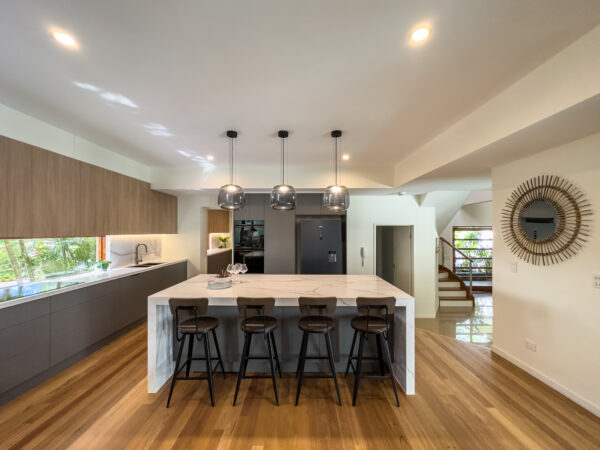 When you’re planning a residential building project, it’s important to have a clear and detailed proposal or quotation from your builder. This document not only outlines the scope of the project but also helps you understand the costs, timelines, and expectations. To ensure you receive a comprehensive proposal, it’s essential to know what documentation to look for. In this guide, we’ll walk you through the documentation you should expect from your builder to make an informed decision.
When you’re planning a residential building project, it’s important to have a clear and detailed proposal or quotation from your builder. This document not only outlines the scope of the project but also helps you understand the costs, timelines, and expectations. To ensure you receive a comprehensive proposal, it’s essential to know what documentation to look for. In this guide, we’ll walk you through the documentation you should expect from your builder to make an informed decision.
Project Plans
These visual representations provide insight into the design and layout of your future home. Look for architectural designs, structural plans, electrical layouts, and plumbing schematics. Ensure that these plans are approved and up-to-date prior to proceeding any further. Our blog posts explaining the concept and preliminary building agreement processes explains the early processes in more detail.
Site Surveys and Assessments
Your builder should conduct site surveys and assessments to understand your property fully. These assessments help identify potential challenges, such as soil conditions, contamination, specific overlays affecting approvals, as well as neighbouring properties and easements. By having this information, you can better assess the feasibility of your project and any potential complications.
Material Specifications
A transparent builder will provide detailed material specifications. This should include information on the type, brand, quality, and quantity of materials they intend to use in your project. Understanding the materials helps you gauge the quality and durability of your future home.
Timeline and Schedule
A well-defined project timeline is crucial for managing your expectations. Your builder should provide a construction schedule outlining key milestones, deadlines, and expected completion dates for each phase of the project. This allows you to plan accordingly and anticipate when your new home will be ready.
Legal and Regulatory Compliance
Make sure your builder includes documentation related to permits, licenses, and regulatory compliance in the proposal. This demonstrates their commitment to following local building codes and regulations, ensuring that your project is completed without legal issues.
Insurance and Warranty Information
Request details about your builder’s insurance coverage, including home warranty, liability insurance and worker’s compensation. Additionally, ask about any warranties they offer for their work, materials, and construction processes. Understanding the insurance and warranties in place provides peace of mind regarding the quality of your project.
References and Portfolio
Ask your builder for their portfolio and references from past clients or designers they work closely with. This allows you to evaluate the quality of their work and gain insights into their experience and reputation in the area.
Receiving a detailed proposal for your project is essential for making informed decisions and ensuring a successful outcome. By understanding the documentation outlined in this guide, you can confidently evaluate your builder’s proposal and move forward with your project knowing that you have all the information you need to make the right choice.

